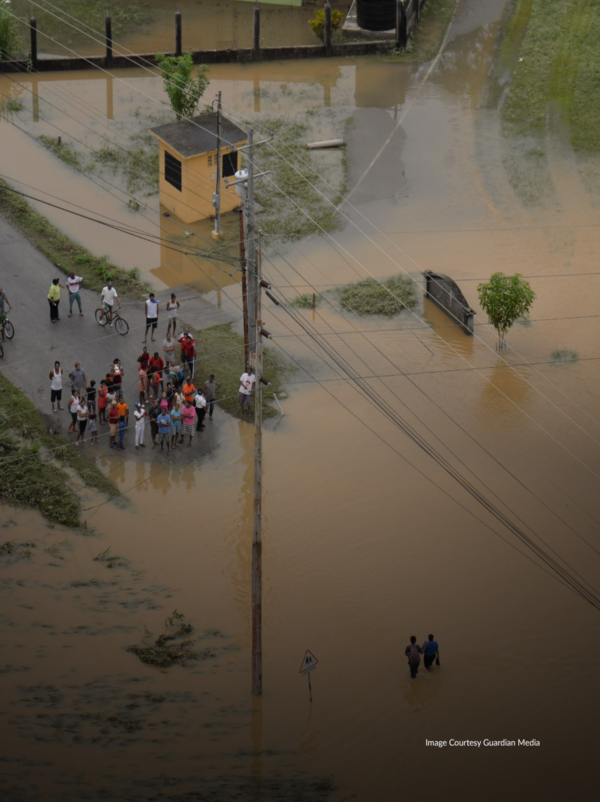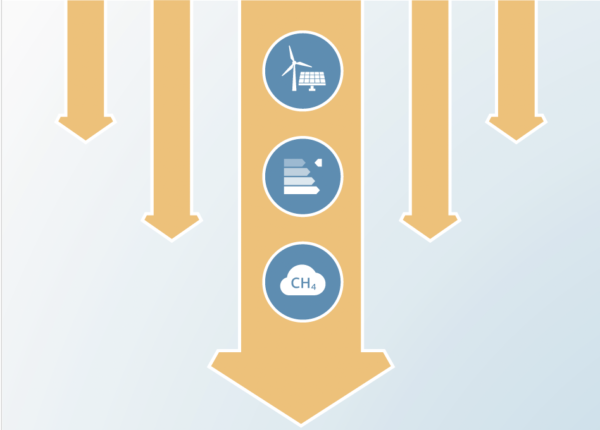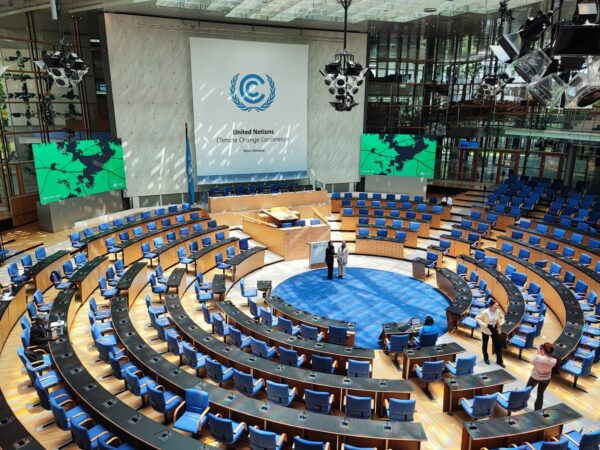A Practical Guide to Understanding and Establishing Climate Finance Units

This policy brief provides actionable insights for the development and effective implementation of Climate Finance Units within governments.
Drawing from case studies of Bangladesh, Belize, Fiji, Kenya, Mozambique, Rwanda, and Uganda, the analysis finds that establishing Climate Finance Units is dependent on whether countries need to finance to implement their Nationally Determined Contributions (NDCs), National Adaptation Plans (NAPs) and Long-Term Low Emission Development Strategies (LT-LEDS).
It also found that without dedicated and skilled units to plan, access, coordinate, and manage climate finance, countries risk experiencing inefficient financial flows, duplicative efforts, and a lack of alignment with national climate and development priorities.
Climate Finance Units enable countries to mainstream climate action into core national development and financing instruments, identify and prioritise climate investments, develop investment-ready projects, and leverage opportunities. Climate Finance Units can use attractive and innovative financing vehicles and create enabling environments for private sector participation.
Climate Finance Units are most often housed within ministries of finance due to the unique role these ministries play in resourcing development initiatives, articulating national priorities, and coordinating across sectors. However, depending on their scope, mandate, and authority within the governance context of the country, Climate Finance Units can also be placed in other ministries, the presidential or prime minister’s office, or even be established as a standalone unit.
The most common functions performed by CFUs include mobilising and coordinating climate finance in alignment with national goals, mainstreaming climate considerations across national development and economic architecture, preparing and appraising projects, embedding gender equality and social inclusion in climate finance processes, and supporting capacity building and institutional strengthening.
This Policy Briefs was drafted under the leadership of the Center for Access to Climate Finance, hosted by the NDC Partnership Support Unit with support from the United Kingdom Foreign, Commonwealth & Development Office.











